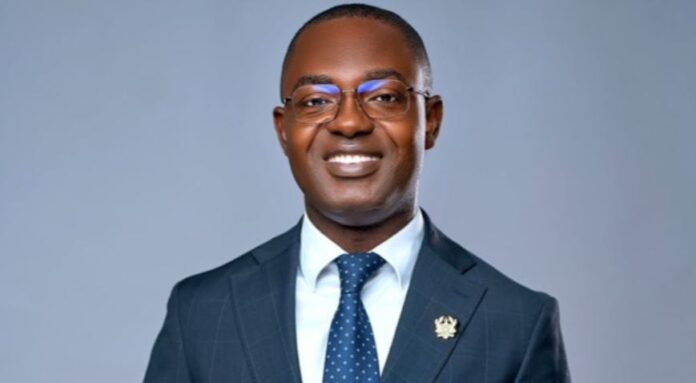The Private Universities Students’ Association of Ghana (PUSAG) is celebrating a landmark victory for legal education in Ghana, following the Ministry of Justice and Attorney-General’s Department’s announcement of a transformative reform.
Led by Attorney General Dr Dominic Ayine, the new policy introduces a decentralised Bar Practice Programme and a standardised national bar examination, effectively dismantling the restrictive bottleneck that has long plagued aspiring lawyers.
In a press release issued today, July 29, PUSAG National President Ibrahim Issah hailed the announcement as “a major victory for equity, inclusion, and access to justice—especially for thousands of qualified law graduates across public and private universities.”
The association, which has been an active stakeholder in ongoing discussions for months, expressed immense relief and optimism.
“This is a defining moment. The doors to the legal profession are finally being opened to every qualified Ghanaian, regardless of institution,” declared Mr Issah.
The core of the reform is a significant departure from the current system, where all Bachelor of Laws (LLB) graduates must seek highly competitive admission to the Ghana School of Law (GSL) for a two-year professional law course, followed by the Ghana Bar Examination.
This centralised model has led to thousands of qualified LLB holders being unable to gain admission to the GSL, creating a massive backlog of graduates often referred to as “legally stranded”.
For instance, in the 2024 admissions cycle, only 1,441 out of 5,000 applicants made the cut, leaving thousands in limbo.
Under the newly proposed system, which aligns with international best practices from countries like Canada, Nigeria, South Africa, and the UK, accredited universities will now be empowered to offer a one-year practical legal training programme directly after the LLB.
Upon completion of this program, students will then sit for a standardised national bar examination to qualify for call to the Bar.
This effectively abolishes the GSL’s sole admissions model as the gatekeeper to professional legal training.
Attorney General Dr Dominic Ayine, speaking yesterday at the Government Accountability Series, emphasised that a new legal education bill to enshrine these changes has been finalised and is expected to be submitted to Cabinet in August.
He stated that the goal is to shift from a system of “exclusion to inclusion”, ensuring all qualified LLB holders have a “clear and merit-based path to becoming lawyers”.
PUSAG is now urging Parliament and all political stakeholders to recognise this reform as a national milestone and to work collaboratively, transcending partisan interests, to ensure the successful and timely passage of the necessary bill.
The association underscored the need for swift legislative action to bring these vital changes into effect.
The student body also extended “deep gratitude to Mr. Kwaku Ansah Asare, Esq., former Director of the Ghana School of Law, for his unwavering support, mentorship, and commitment to PUSAG and Ghana’s legal reforms.”
Mr Ansah Asare has been a vocal advocate for reforms aimed at expanding access to legal education without compromising standards.
“This is not just a change in policy—it is a generational breakthrough for legal education in Ghana,” the PUSAG statement concluded, expressing optimism for a future where more Ghanaian youth can realize their dreams of joining the legal profession.

DISCLAIMER: The Views, Comments, Opinions, Contributions and Statements made by Readers and Contributors on this platform do not necessarily represent the views or policy of Multimedia Group Limited.
DISCLAIMER: The Views, Comments, Opinions, Contributions and Statements made by Readers and Contributors on this platform do not necessarily represent the views or policy of Multimedia Group Limited.


